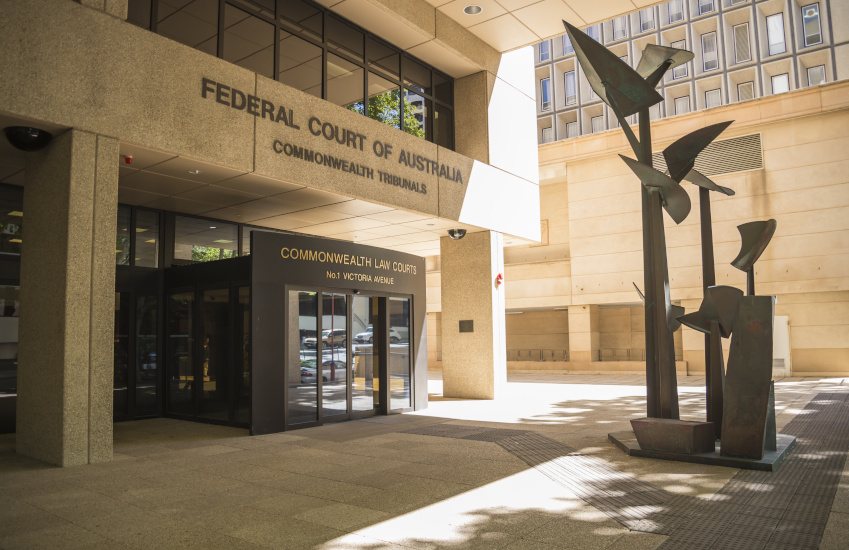Last month, in Addy v Commissioner of Taxation, the Federal Court ruled that the minimum 15 per cent tax for working holiday makers was invalid because it was in contravention of a non-discrimination clause in a double taxation treaty between the UK and Australia.
The ATO has now appealed to the Full Federal Court against the decision and noted that it will continue to administer the working holiday maker income tax rates in line with current practice until the appeals process is exhausted.
You’re out of free articles for this month
“Employer obligations have not changed and employers should apply the PAYG withholding tax rate in accordance with their employees Tax File Number declaration,” said the ATO in an online statement.
“If a worker identifies themselves as an Australian resident for tax purposes, and our records indicate they are a working holiday maker, we will notify both the employer and worker of their working holiday maker status and advise them to apply the relevant tax rate.”
The decision will have an impact on working holiday makers with 417 or 462 visas from Chile, Finland, Germany, Japan, Norway, Turkey and the United Kingdom.
Speaking to Accountants Daily, the Tax Institute’s senior tax counsel, Professor Robert Deutsch, said that should the commissioner be successful in his appeal, it could mean that the backpacker tax would always apply, even if the taxpayer was from a country that Australia had a double tax agreement (DTA) with.
“If the decision is that article 25 does not apply in this case, then that has very important ramifications because it means the backpacker tax will always operate, irrespective of where the taxpayer is coming from — whether it be from the UK or one of the other countries which we have a DTA containing an article 25 or not,” Professor Deutsch said.
“That will have a very large implication if that is what the ultimate finding is.”
The Tax Office has also advised working holiday makers who may potentially be entitled to a refund to wait until the appeal has been decided before seeking a refund, amending their return or objecting.
“Working holiday makers will not be disadvantaged in such circumstances as they will be able to lodge an amendment request with the commissioner at a later time,” the ATO said.
“In the event that a taxpayer’s amendment period has expired, the commissioner will give favourable consideration to any requests to extend the time for lodgement of an objection.”
Jotham Lian
AUTHOR
Jotham Lian is the editor of Accountants Daily, the leading source of breaking news, analysis and insight for Australian accounting professionals.
Before joining the team in 2017, Jotham wrote for a range of national mastheads including the Sydney Morning Herald, and Channel NewsAsia.
You can email Jotham at: This email address is being protected from spambots. You need JavaScript enabled to view it.

 Login
Login







